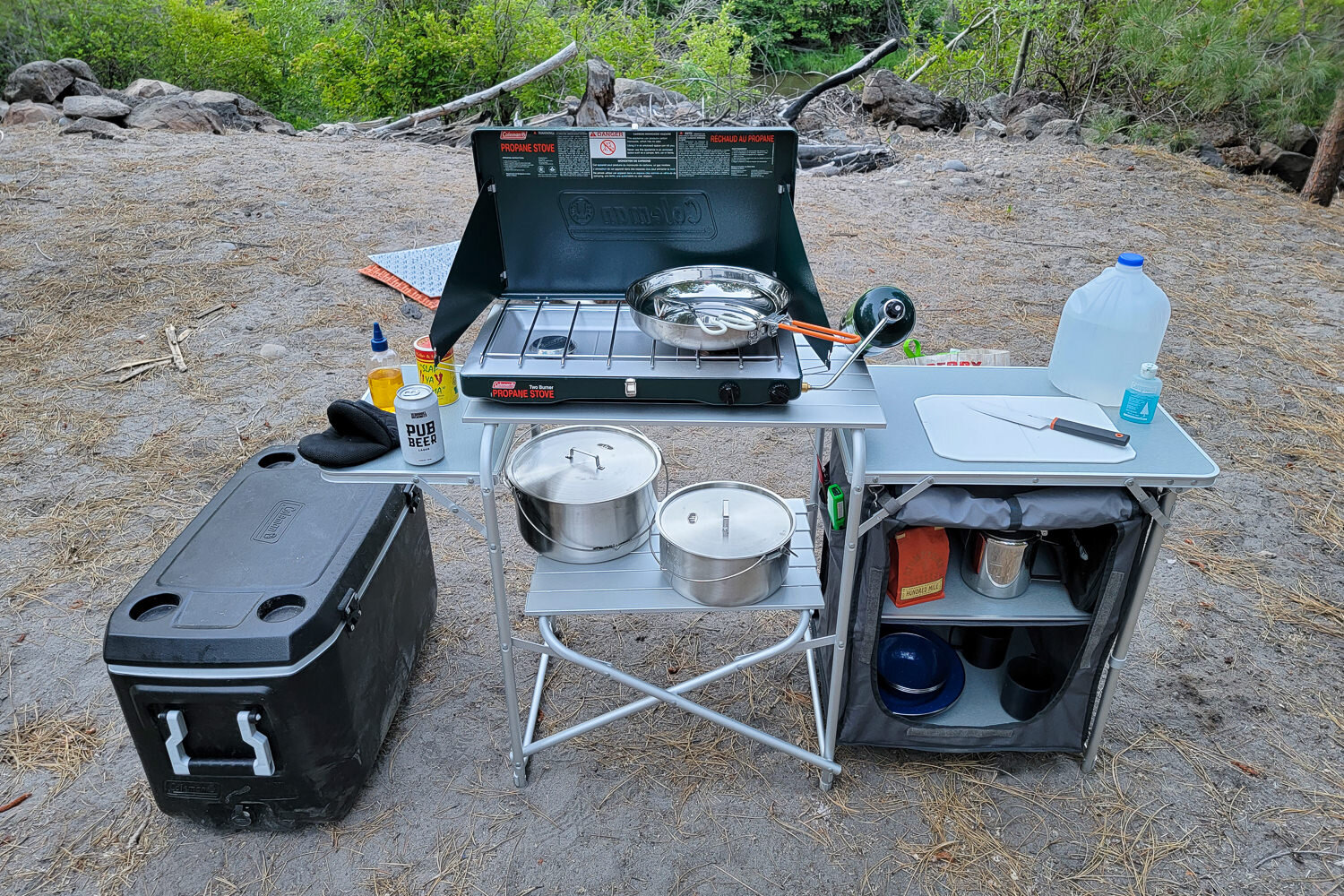
When planning a camping trip, it’s essential to consider the impact we have on the environment. As outdoor enthusiasts, we have a responsibility to minimize our ecological footprint and preserve the beauty of nature for generations to come. One area where we can make a positive difference is in our choice of cooking equipment. Camping boiling pots, in addition to their culinary benefits, can also be environmentally friendly options. By using these pots responsibly and taking certain considerations into account, we can ensure that our camping experience remains joyful while being mindful of the environment.
When it comes to fueling our camping boiling pots, there are a few ecological considerations to keep in mind. Traditional campfires using firewood are a popular choice for cooking while camping. However, it’s crucial to gather firewood responsibly, respecting local regulations and guidelines. Over-harvesting firewood can lead to deforestation, habitat destruction, and loss of biodiversity. Instead, opt for fallen branches or deadwood that can be easily gathered without harming the environment.
Another option for fueling camping boiling pots is using portable stoves that utilize canister fuels, such as propane or butane. These stoves are highly efficient, offering precise control over the heat and reducing the amount of fuel needed. When choosing a stove, look for models that are specifically designed for camping and prioritize low fuel consumption. Additionally, consider using refillable canisters instead of disposable ones to further reduce waste.
When using camping boiling pots, it’s important to be mindful of water usage. Water is a precious resource, especially in outdoor environments where access may be limited. To minimize water waste, practice water-saving techniques such as using just enough water to cover the ingredients in the pot. Additionally, consider reusing water when possible.
Cleaning camping boiling pots can also have an environmental impact. Avoid using harsh chemical cleaners as they can be harmful to the environment. Instead, opt for biodegradable soaps specifically designed for outdoor use. These soaps are eco-friendly and do not contain harmful chemicals that can leach into the soil or water sources. When cleaning your pots, try to minimize water usage by wiping off excess food debris before washing.
Another important consideration when using camping boiling pots is waste management. As responsible campers, we should strive to leave no trace behind. This means properly disposing of any waste generated during our camping trip, including food scraps and packaging. Pack reusable containers for storing leftovers and avoid single-use packaging whenever possible. Dispose of waste in designated containers or, if camping in remote areas, pack it out with you.
To further minimize environmental impact, consider incorporating sustainable cooking practices into your camping routine. For example, instead of relying solely on your camping boiling pot, explore alternative cooking methods such as using a Dutch oven or cooking directly on the campfire grill. These methods often require less fuel and can add a touch of adventure to your culinary experience.
Lastly, one of the most important aspects of a sustainable camping trip is education and awareness. Take the time to learn about the unique environments you are visiting and the specific challenges they face. Be respectful of local flora and fauna, maintain a safe distance from wildlife, and avoid disturbing delicate ecosystems.
By embracing these environmental considerations, we can ensure that our camping boiling pot adventures are not only delicious but also eco-friendly. Let’s remember that nature provides us with the backdrop for our outdoor experiences, and it is our duty to protect and preserve it. So, gather your camping boiling pot, embark on your next adventure, and cook up some mouthwatering meals while leaving the smallest possible footprint. Happy camping and eco-conscious cooking!